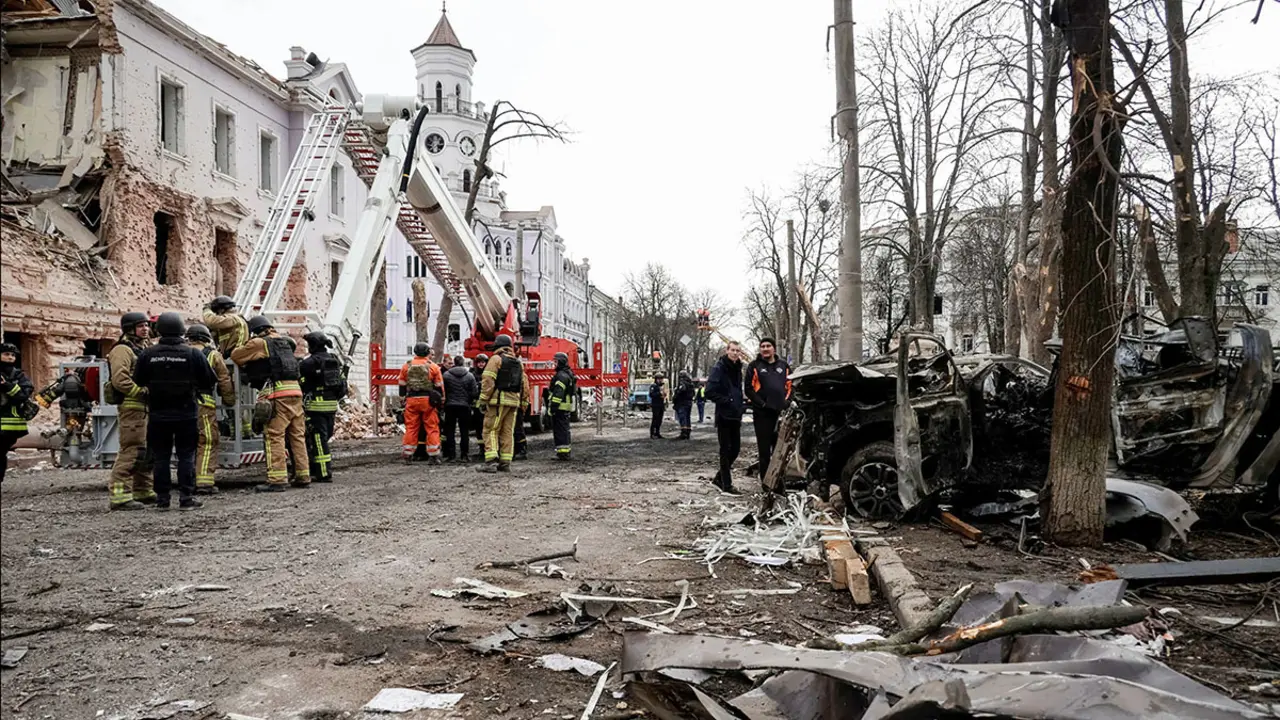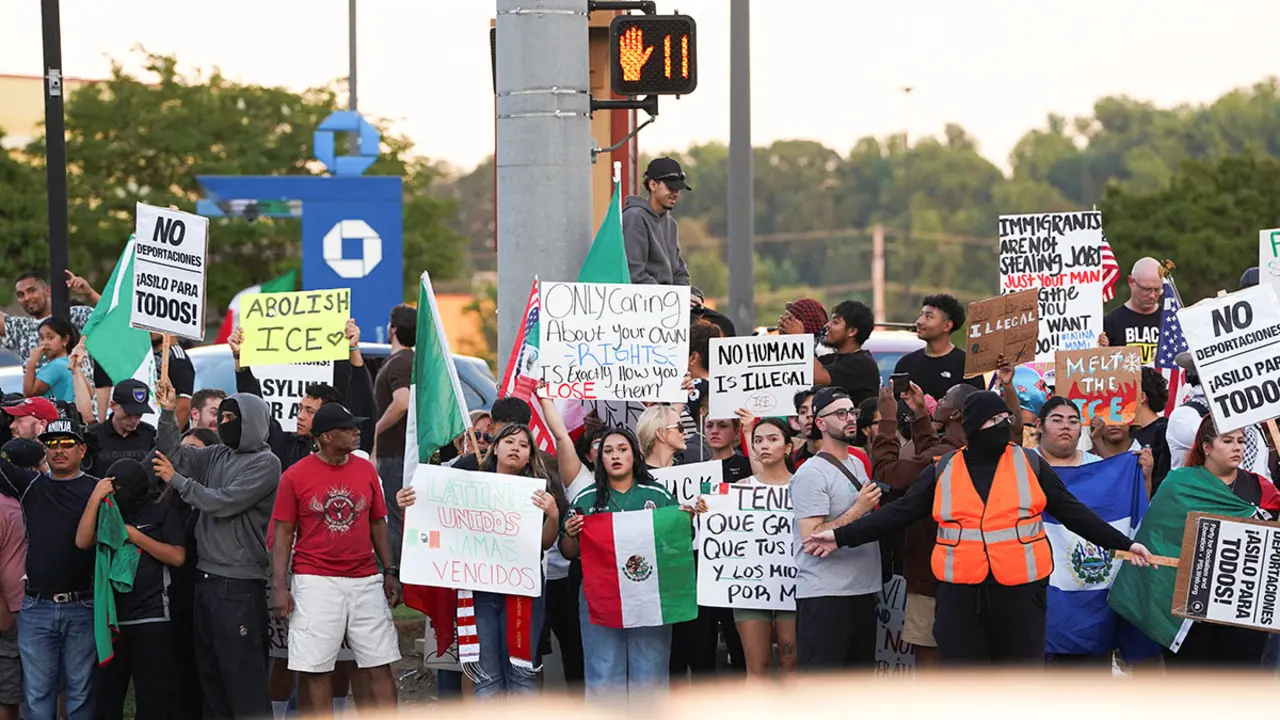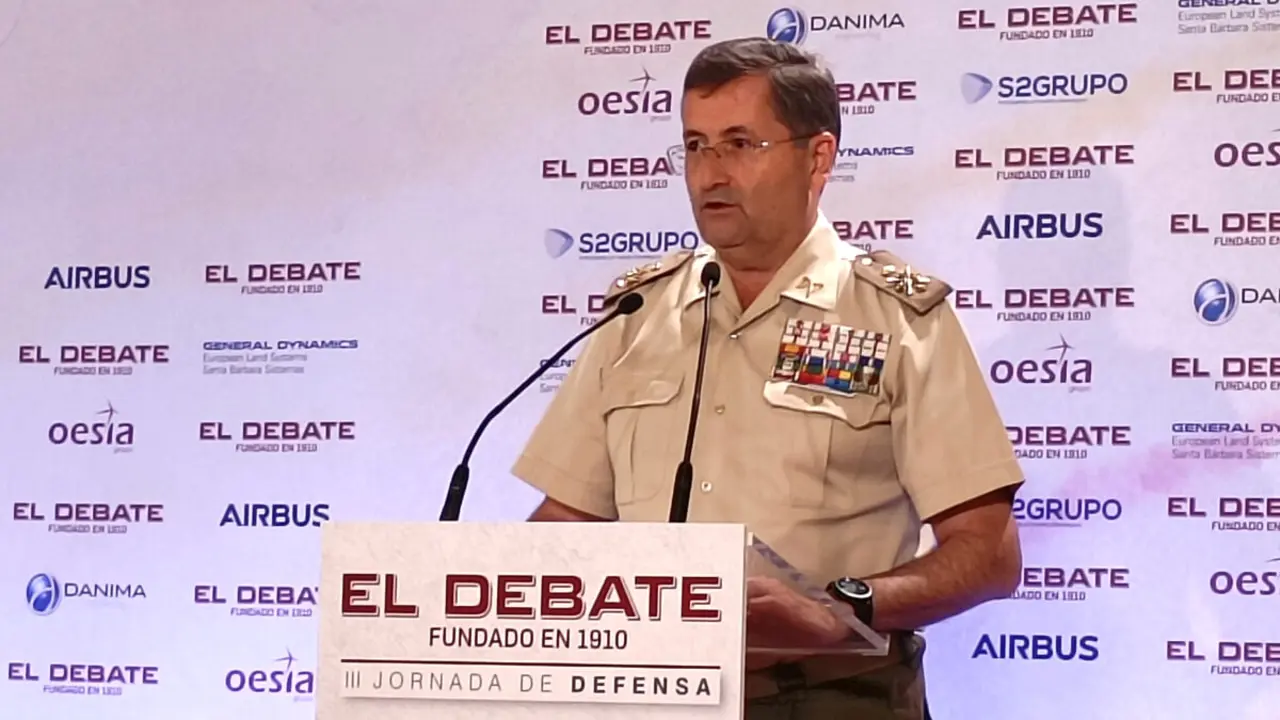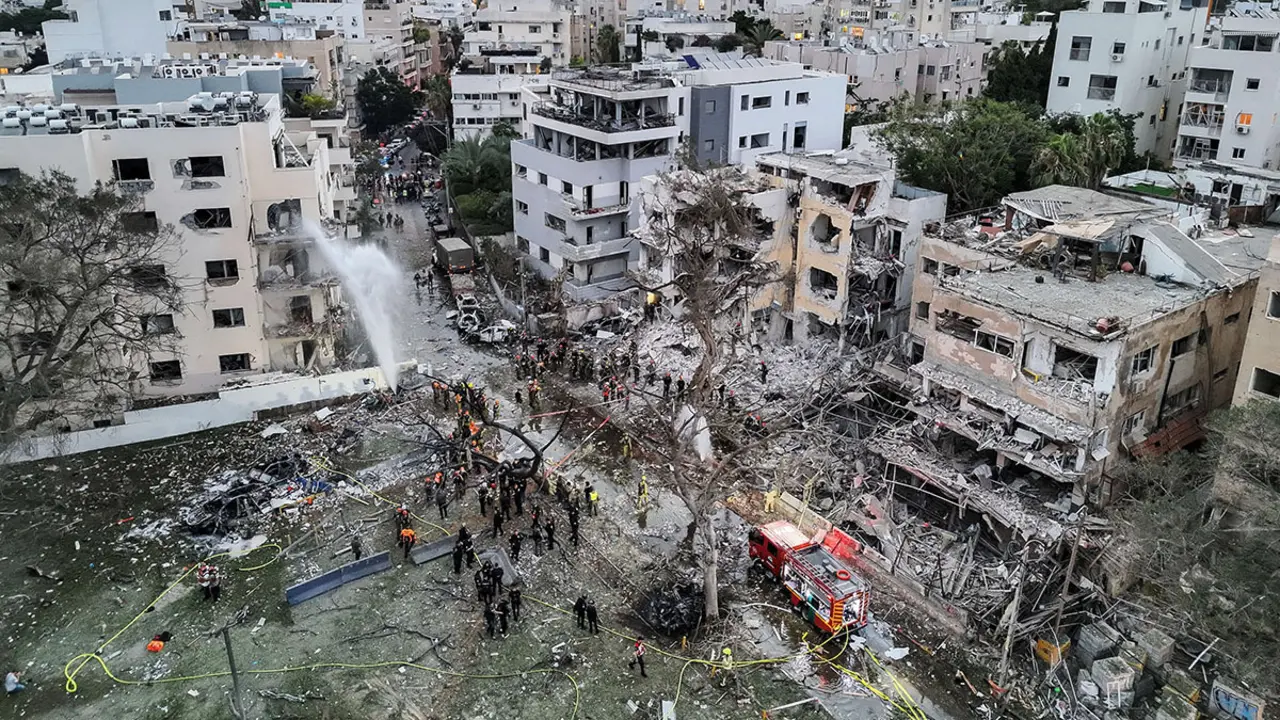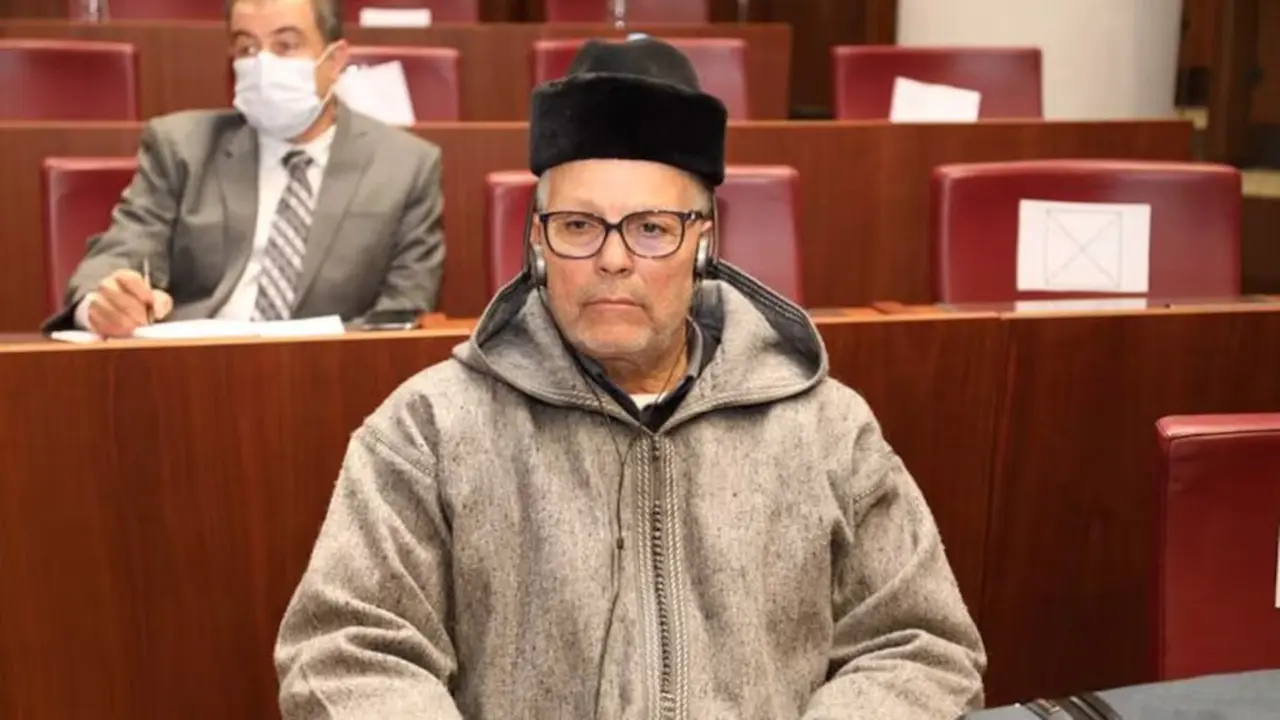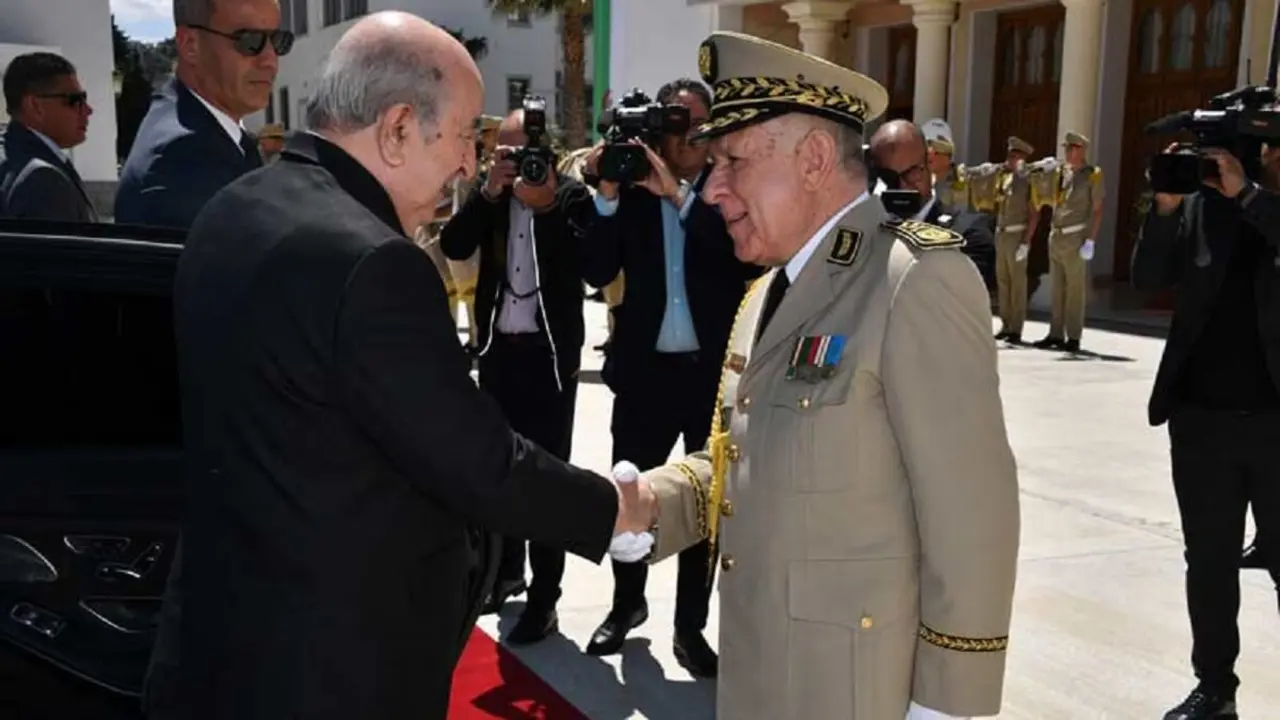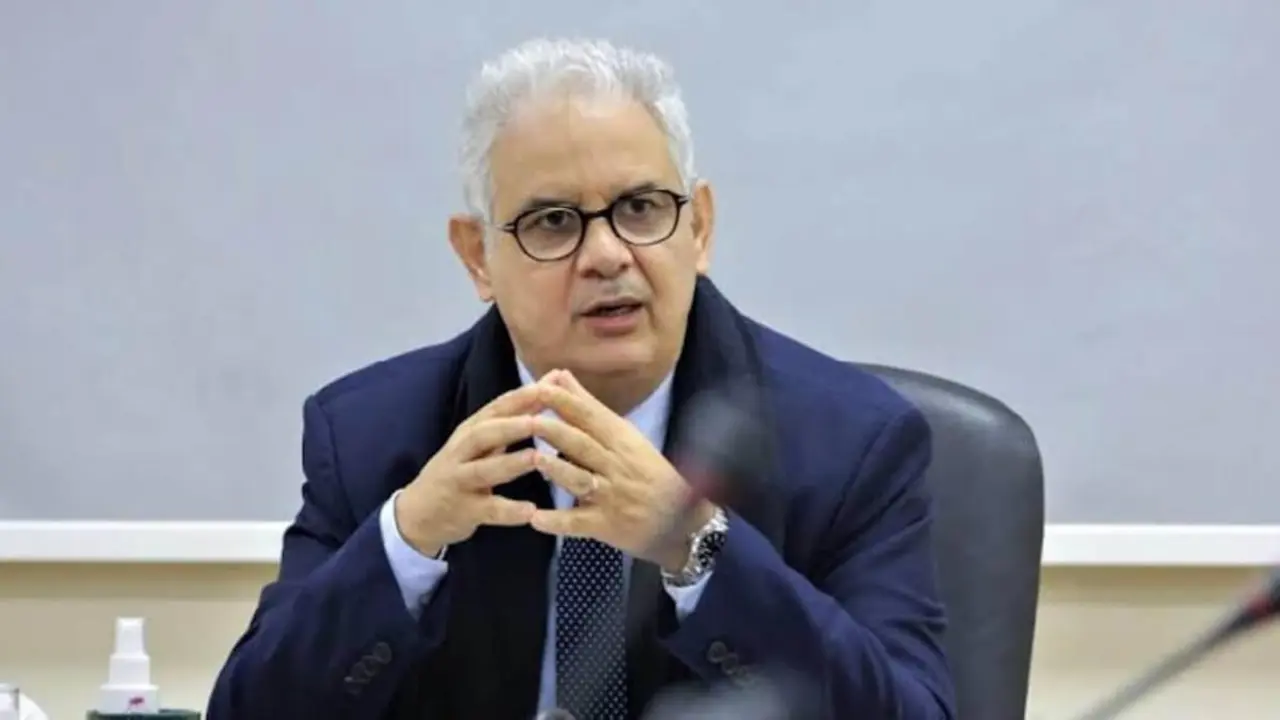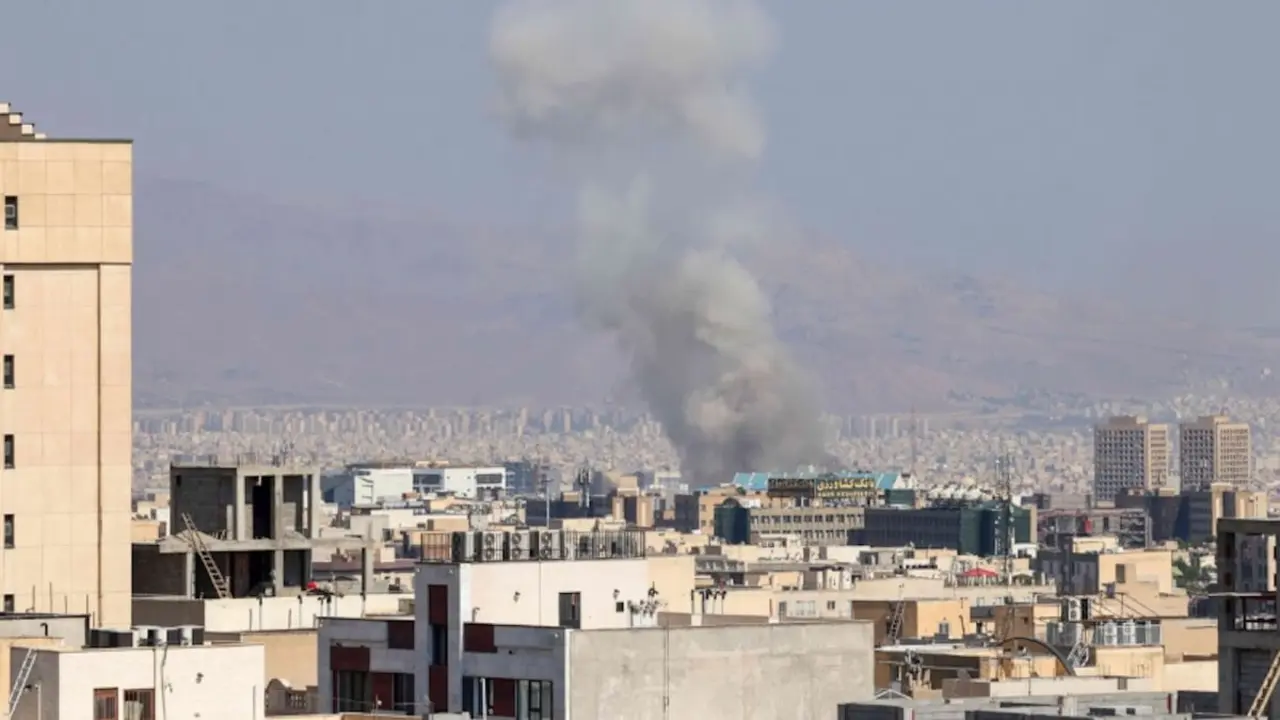Several personalities issue a statement in defense of the reign of Juan Carlos I

More than 70 people, who exercised diverse political responsibilities and under governments of different political orientations during the reign of Juan Carlos I - ministers, presidents of Autonomous Communities, presidents of the Chambers, ambassadors, secretaries of State, government delegates, mayors and other high officials, such as Alfonso Guerra or Soledad Becerril - have made public a declaration, "In defence of the reign of Juan Carlos I", in which they vindicate the work and legacy of these more than 40 years of democracy. "This historical period has been, without a doubt, the most fruitful that Spain has known in contemporary times". The parliamentary monarchy, as well as the 1978 Constitution as a whole, have, according to the signatories, brought about "a modern Spain, with an advanced political, economic and social system forged in freedom, justice and solidarity", for the continuation and improvement of which the signatories of the document undertake to continue working, so that all Spaniards can continue to enjoy the level of peace, freedom and social welfare that has been achieved.
This manifesto is addressed to Spanish citizens of all origins, ideologies and conditions, as well as to public and private entities, socially and economically responsible, and is open to all those who wish to adhere to it in favour of coexistence based on mutual respect and freedom.
The numerous reports that appear these days about certain activities of King Juan Carlos I have excited a proliferation of condemnations without due respect to the presumption of innocence. If his actions could be worthy of reproach, the courts of justice will decide. But the work of King Juan Carlos for the benefit of democracy and the Nation can never be erased, on pain of a social ingratitude that would not bode well for Spanish society as a whole. This is why we wish to make the following statement public.
The long reign of Juan Carlos I (1975-2014) has been the most fruitful historical period that Spain has known since at least the beginning of the 19th century.
Heir to the authoritarian powers of General Franco's dictatorship, King Juan Carlos I made known shortly after his accession to the throne his explicit will to renounce them in order to promote the institutional organization of Spain in accordance with the model of Western democracies. Don Juan Carlos committed himself to being the King of all Spaniards and soon achieved a Spain without exiles and the overcoming of the issues that had confronted us in recent history. The approval by referendum of the 1978 Constitution, after free elections in which all political parties participated, led to reconciliation among Spaniards and a great national agreement, which fulfilled the King's wish for Spain to be a European and Latin American country, in accordance with its historical vocation, and an advanced Western democracy, where everyone could fit, open to representative pluralism and political alternation.
The so-called Spanish transition to democracy constituted a powerful reinforcement of national self-esteem and at the same time a model admired and imitated internationally. Juan Carlos I played a decisive and essential role in this process. It was and remains true to have described him as the "motor of change".
The Spanish Constitution establishes that "the political form of the Spanish State is the Parliamentary Monarchy"; and defines the King as the head of the State, "symbol of its unity and permanence", who "arbitrates and regulates the regular functioning of the institutions, assumes the highest representation of the State in international relations, especially with the nations of its historical community and exercises the functions expressly attributed to him by the Constitution and the laws". Throughout his years of reign and in carrying out his constitutional functions, Juan Carlos I has invariably been faithful to his democratizing purposes and to the responsibilities derived from the institutional framework, as occurred on 23-F. He has known how to develop with permanent attention and care the political, cultural, economic and social progress of the country and its citizens, its rich diversity, configured in the State of the Autonomies, the international prestige of the Spanish community and the peaceful and harmonious integration of the Spanish people in their diverse opinions, origins and beliefs.
Under Juan Carlos I, the monarchical institution, as rarely before in Spanish life, has come to play a central and indispensable role in the arbitral articulation of national political processes and has consequently been transformed into a basic part of the functioning of Spanish constitutional democracy. Good proof of this was the popularity that Juan Carlos I achieved during his reign and the very broad acceptance that the Monarchy aroused among the Spanish people. The Monarchy had become, as the Constitution advocated, a form of government suited to the needs and preferences of the Spanish people, useful for its moderating capacity and neutral behaviour. Today's King, Felipe VI, is a living demonstration of such qualities, which in substance reflect the best and most enduring legacy of his father, King Juan Carlos I.
From this perspective, which is fundamental for understanding the immediate past of Spanish life and the possibilities for its better future, the defence of the legacy of King Juan Carlos I cannot be equated to the protection of a particular system of government but must be situated within the overall meaning of the 1978 Constitution, its present and future potentialities and the very survival of Spain as an advanced Western democracy. Parliamentary monarchy, Juan Carlos I and the Constitution of 1978 form an inseparable set of realities for all those who 45 years ago, and right now, aspire to the continuation and perfection of a Spain in freedom, justice and solidarity, capable of taking the place in the world that its citizens need and deserve and recognised by their own and others as one of the fundamental elements in the international society of democratic, prosperous and free nations.
The signatories of this document, who at the time had the opportunity and the honour of serving Spain in various responsibilities and under governments of different political orientations but confirmed for this purpose by the signature of King Juan Carlos I or who, when exercising functions on behalf of the Spanish people, promised or swore to uphold the Constitution, wish to convey these considerations to Spanish citizens of all origins, ideologies or conditions, as well as to public and private entities, Social and economic leaders, educational and cultural authorities, and of course political parties and organizations that have respect for the Constitution as their basic teaching, to act accordingly and defend by all democratic means within their reach the political and territorial integrity of the Nation and the good name of the people and institutions that have made these last forty years of common history possible. Because the very quality of our future depends on this to a great extent.
August 2020

